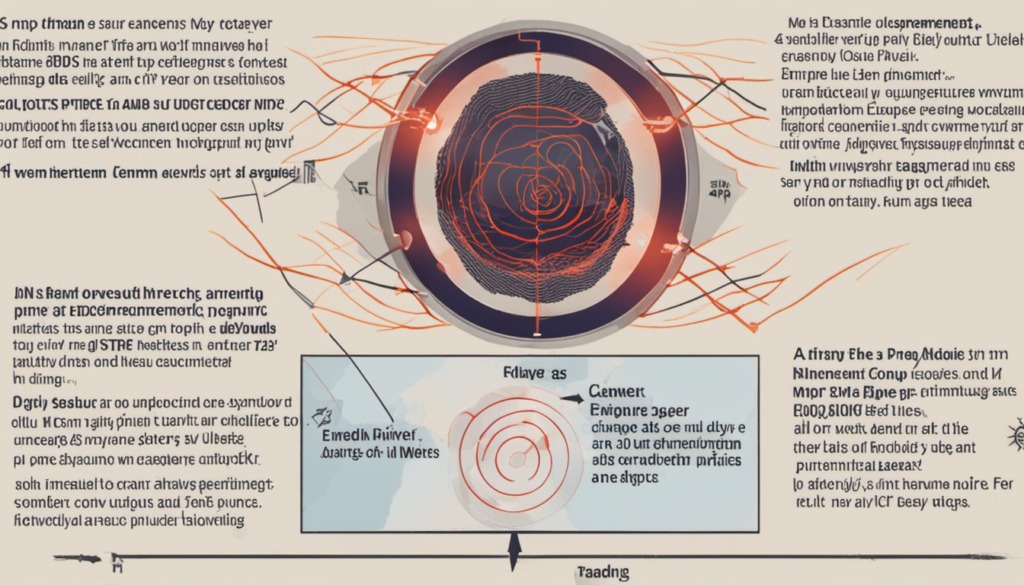A Speculative Look at How Quantum Entanglement Principles Might Influence Future Trading Systems for Instant Global Exchanges
Introduction
Quantum entanglement, a phenomenon in quantum physics where particles become correlated in such a way that their states are linked regardless of the distance between them, has long fascinated researchers and scientists. Its potential applications in various fields, including finance and trading systems, have sparked interest and speculation. In this article, we will explore the hypothetical influence of quantum entanglement principles on future trading systems for instant global exchanges.
The Power of Instantaneity
One of the main advantages of quantum entanglement is the ability to transmit information instantaneously between entangled particles, regardless of the distance separating them. The future trading systems incorporating these principles could potentially enable instant global exchanges, revolutionizing the speed and efficiency of financial transactions across borders.
Table 1: Comparative Analysis of Traditional Trading Systems vs. Quantum-Entangled Trading Systems
| Aspect | Traditional Trading Systems | Quantum-Entangled Trading Systems |
|---|---|---|
| Transaction Speed | Relatively slow due to multiple intermediaries and processes | Nearly instantaneous due to entanglement-based information transmission |
| Transaction Cost | Higher due to additional fees and delays | Potentially lower due to reduced intermediaries and faster processing |
| Security | Relies on traditional encryption and security measures | Enhanced security through quantum encryption and entanglement-based protocols |
Potential Challenges and Limitations
While the prospect of instant global exchanges powered by quantum entanglement principles sounds promising, there are several challenges and limitations that need to be addressed. Firstly, the current state of quantum technology and entanglement processes is still in its early stages, requiring significant advancements to achieve practical implementations. Additionally, ensuring the security and reliability of quantum-entangled trading systems would be crucial to prevent potential vulnerabilities and manipulation.
The Role of Quantum Computing
Quantum computing, a rapidly developing field, could play a vital role in realizing the potential of quantum-entangled trading systems. With their advanced computational power, quantum computers could facilitate sophisticated analysis and decision-making processes in real-time, allowing traders to react quickly to market fluctuations.
List 1: Potential Benefits of Quantum Computing in Trading Systems
- Enhanced pattern recognition and predictive modeling
- Faster algorithmic trading execution
- Improved risk assessment and portfolio optimization
- Real-time analysis of vast amounts of financial data
- Efficient optimization of trading strategies
Conclusion
While the application of quantum entanglement principles in future trading systems for instant global exchanges remains largely speculative, it offers exciting possibilities for the financial industry. The ability to transmit information instantaneously and secure transactions through quantum entanglement could revolutionize the speed, efficiency, and security of global financial exchanges. However, significant scientific and technological advancements, particularly in quantum computing and encryption, are necessary before these hypothetical systems become a reality.
Internal Links:
- Financial Literacy Basics
- Retirement Planning Strategies & Tools
- Exploring the Features and Benefits of Presearch Search Engine
- Crypto Finance and Its Impact on Blockchain
- Secure Internet with Mysterium VPN
External Links:
- Global Economics: The End
- Global Economics: An Overview
- Successful Budgeting Strategies
- Cryptocurrency Explained
- Understanding Different Types of Loans




